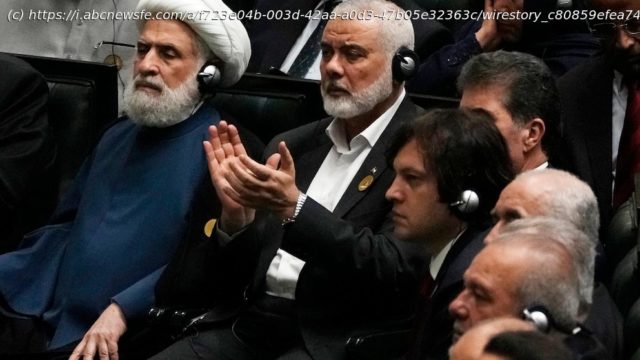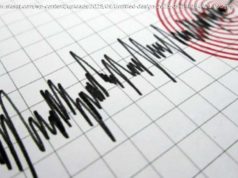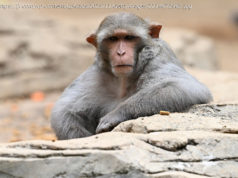Explosions in secretive underground nuclear facilities
TEL Explosions in secretive underground nuclear facilities. Cyber attacks. Top scientists poisoned. Natural gas pipelines sabotaged. All these and more have been blamed on Israel in its shadow war with Iran.
And the latest accusation, that Israel is behind the assassination of Hamas leader Ismail Haniyeh in Tehran, only expands that list.
Israel has allegedly carried out highly secretive and deadly attacks on Iranian soil repeatedly over the years, though the country rarely takes responsibility. Most have been aimed at the country’s nuclear program.
Here is a look at that history of alleged attacks:
Prior to this week, the most prominent assassination blamed on Israeli was in November 2020, when a top Iranian military nuclear scientist, Mohsen Fakhrizadeh, was killed by a remote-controlled machine gun while traveling in a car outside Tehran.
Not all of Israel’s suspected attacks have targeted people. One of the first attacks against Iran attributed to Israel was the Stuxnet computer virus, discovered in 2010 and widely believed to be a joint U.S.-Israeli creation. The virus disrupted and destroyed Iranian centrifuges. Iran also accused Israel of sabotaging major natural gas pipelines earlier this year.
In 2018, Prime Minister Benjamin Netanyahu said Israel had obtained tens of thousands of pages of data showing that Iran had covered up its nuclear program before signing a deal with world powers in 2015. He didn’t say how Israel obtained the information, but an ex-Mossad chief confirmed that it was obtained by more than a dozen non-Israeli agents from safes in Tehran in 2018. Iran says the nuclear program is for peaceful purposes.
Alleged Israeli attacks against Iran’s nuclear program stepped up significantly in 2020, after the disintegration of the 2015 nuclear deal meant to keep Iran from developing nuclear weapons, explained Meir Litvak, the director of the Alliance Center for Iranian Studies at Tel Aviv University.
Start
United States
USA — Science Hamas leader's assassination sheds light on a long history of alleged Israeli...






